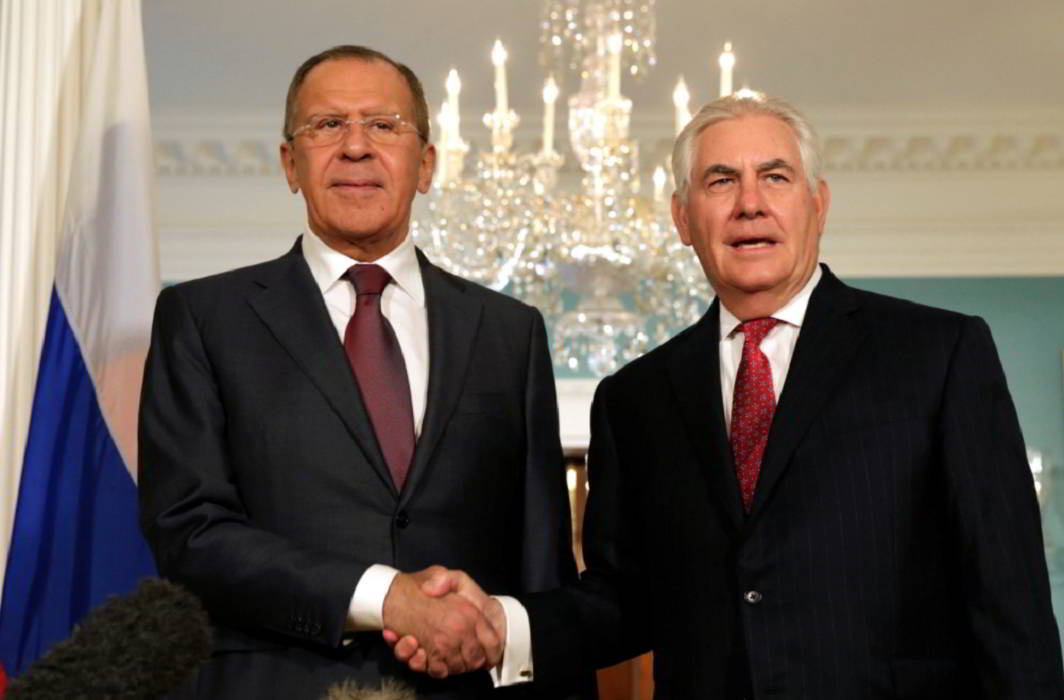Latest world news
Russia: US pursuing double standard in fight against terror in Syria

Latest world news
Bangladesh president Shahabuddin accuses Yunus of conspiracy to unseat him
Bangladesh President Mohammed Shahabuddin has accused former chief adviser Muhammad Yunus of attempting to unseat him unconstitutionally and destabilise the country during the interim period.
Latest world news
India studying implications after US Supreme Court strikes down Trump’s global tariffs
India said it is studying the implications of a US Supreme Court ruling that struck down Donald Trump’s sweeping tariffs, even as a new 10% global duty has been announced under an alternate law.
Latest world news
PM Modi meets Sri Lankan President Dissanayake at AI summit, reviews connectivity agenda
PM Modi and Sri Lankan President Anura Kumara Dissanayake reviewed connectivity, AI cooperation and regional stability during talks at the AI Impact Summit in New Delhi.
-

 LATEST SPORTS NEWS23 hours ago
LATEST SPORTS NEWS23 hours agoICC Men’s T20 World Cup 2026: South Africa outclass India with smart slower-ball strategy in Super 8
-

 India News23 hours ago
India News23 hours agoWorld praised India’s AI potential at AI Impact Summit, says PM Modi
-

 India News23 hours ago
India News23 hours agoJNU protest turns violent as Left and Right student groups trade charges
-

 India News24 hours ago
India News24 hours agoDevendra Fadnavis seeks CBI probe into Ajit Pawar plane crash
-

 Latest world news17 hours ago
Latest world news17 hours agoBangladesh president Shahabuddin accuses Yunus of conspiracy to unseat him
-

 India News15 hours ago
India News15 hours agoSecurity tightened across Delhi metro stations after bomb threat emails
-

 India News18 mins ago
India News18 mins agoDMK leader’s son arrested after car rams family in Krishnagiri, one dead














